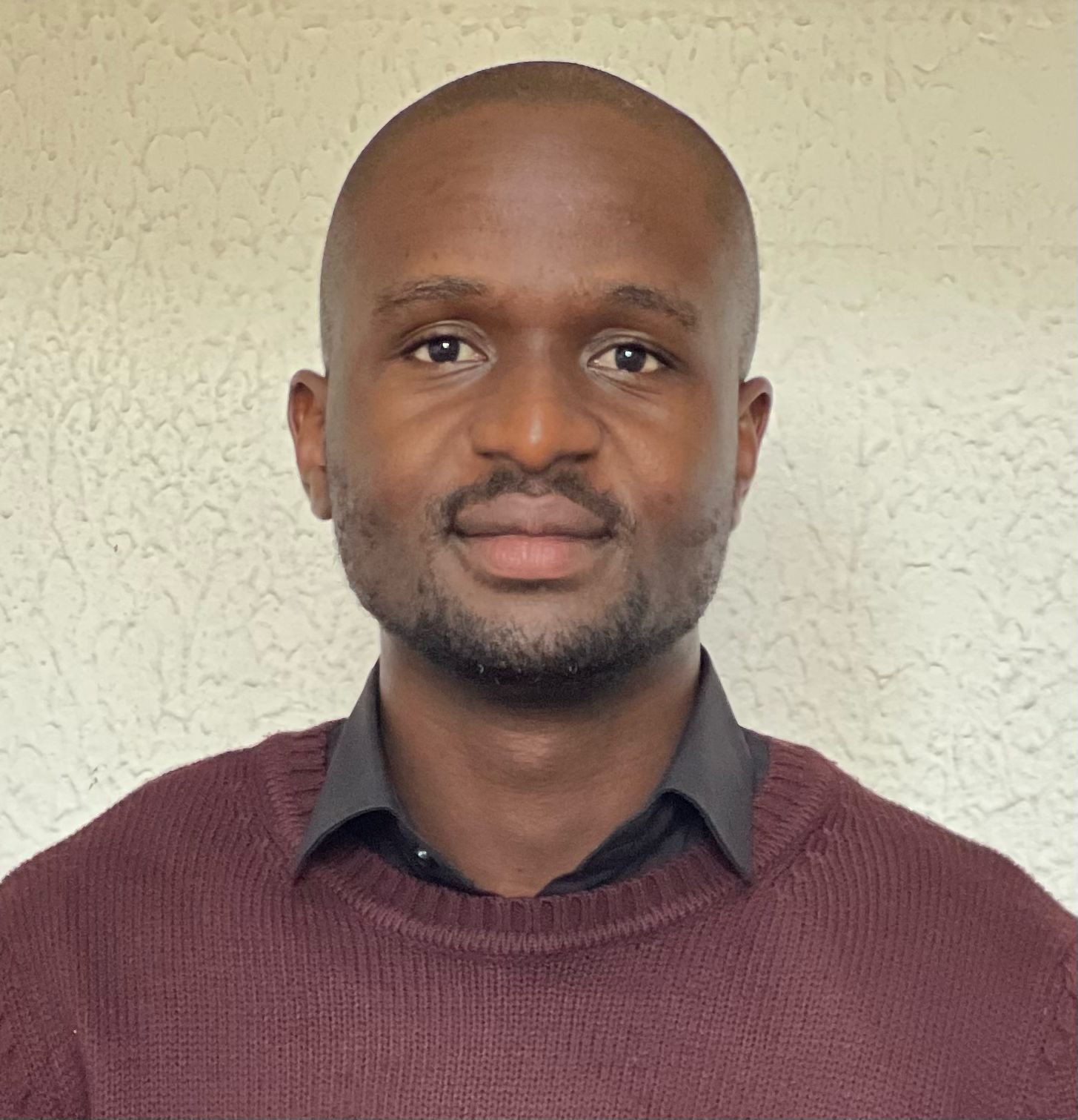You are here :
SIF 4th Cohort Fellows - Temiloluwa Adejumo, Vrije Universiteit Brussel

Curriculum Vitae
- Education
- Experience
Managed laboratory operations and supervised shifts while conducting analyses on industrial chemical raw materials and finished products, emphasizing quality control and assurance
06/01/2011-29/07/201: Internship, Evans medical plc, Agbara, Ogun state (Nigeria)
Performed laboratory analysis on pharmaceutical raw materials and finished products, ensuring quality control in pharmaceutical drug production.
- Publications/Research achievements
Research Project:
Research proposal abstract:
Hydrogen is widely regarded as a promising alternative to fossil fuels for clean energy generation, owing to its environmental benefits and the potential to derive it from readily available sources. However, challenges in hydrogen production, such as achieving high yields, addressing energy density concerns, and ensuring safety under high pressure or cryogenic storage, persist. LOHCs offer a promising solution to these challenges. LOHCs facilitate the convenient loading and unloading of hydrogen, effectively tackling storage challenges. Moreover, hydrogen yield can be optimized based on specific substrate-catalyst combinations. While ruthenium and rhenium-based complexes are recognized as exceptional catalyst in hydrogen production across diverse reaction conditions, their hydrazone complexes remain unexplored in catalytic hydrogen generation from LOHCs. This is surprising, given these ligands' versatility and their proven ability to enhance the catalytic performance of various metal salts due to their diverse chemical properties. Additionally, computational research offers valuable avenue to address catalyst development challenges. A deeper understanding of these catalytic compounds can be achieved by a quantum-chemical study of their electronic structure. This enhanced understanding will not only elucidate the dehydrogenation mechanism but also guide the synthesis of catalysts with superior activity, enabling more efficient hydrogen production on a commercial scale. In summary, our research focuses on developing and characterizing novel hydrazone complexes of rhenium and ruthenium. To this end, advanced quantum-chemical analysis tools will be applied to accurately predict the most suitable metal complexes for hydrogen production applications. Their catalytic performance will be evaluated experimentally for the dehydrogenation of amines and alcohols.


